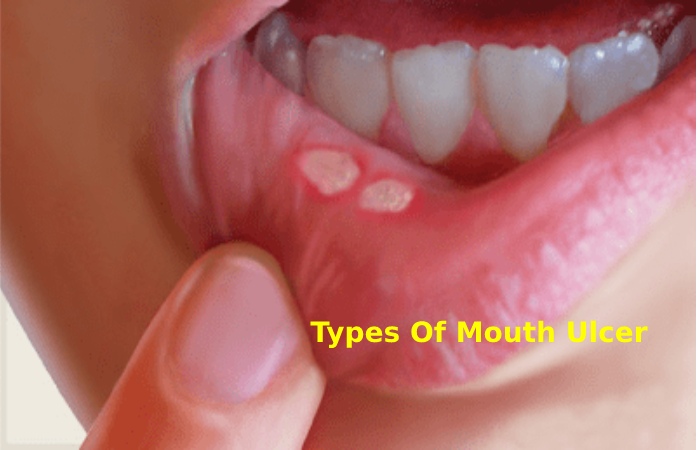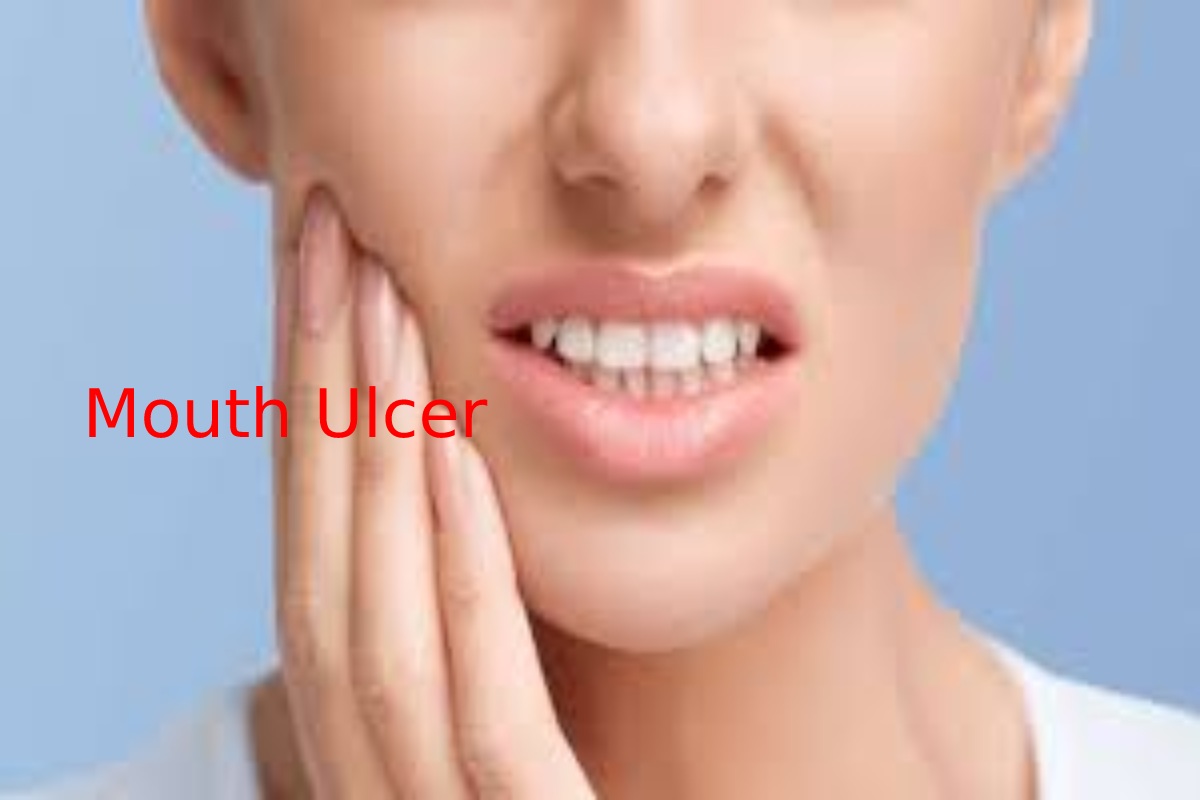Table of Contents
About Mouth Ulcer
Mouth ulcers are painful areas of the mouth and gums. They are also known as canker sores.
Although usually harmless, mouth ulcers can be extremely uncomfortable and make it difficult for some people to eat, drink and brush their teeth.
Canker sores vary in size, and the exact symptoms of canker sores depend on the type of canker sore a person has.
Fast Facts On Mouth Ulcers
- Most mouth ulcers are benign recurring conditions.
- Quitting smoking and acidic foods can make mouth ulcers worse.
- It is important to note that any new wound and any wound that has existed for more than three weeks must be evaluated by a doctor or dentist.
- For most people, mouth sores go away within two weeks.
Causes Of Mouth Ulcer
The exact cause of canker sores is unknown and varies from person to person. Still, there are common causes and several factors that can make mouth ulcers worse, including the following:
- Quit Smoking Trusted Source
- Citrus fruits and other foods high in acid or spices
- bite the tongue or the inside of the cheek
- Braces, ill-fitting dentures, and other appliances that can rub against your mouth and gums
- bad filling
- stress or anxiety
- hormonal changes during pregnancy, puberty and menopause
- Medications, including beta-blockers and pain relievers
- genetic factors
Some people can develop ulcers due to another medical condition or lack of nutrition.
Is Mouth Ulcer Cancerous?
Oral cancer and mouth ulcers are differentiated by their symptoms. However, as mentioned above, new or persistent ulcers require revision.
There are Some Basic Differences Between Mouth Ulcer and What Might Be Cancer:
- Mouth ulcers are usually painful, but oral cancer is not.
- Mouth ulcers go away in about two weeks, while oral cancer doesn’t go away and often spreads.
- Oral cancer patches can be rough, complex, and difficult to scratch.
- Oral cancer is usually a mixture of red and white or large white areas on the tongue, back of the mouth, gums, or cheeks.
- Oral cancer is often associated with excessive alcohol or tobacco use.
Treatment
In many cases, the pain and discomfort of a mouth ulcer will go away within a few days and then go away in about two weeks without the need for any treatment.
A dentist may prescribe a solution to decrease swelling and relieve pain for people with much more painful or recurrent canker sores.
Additionally, a dentist may prescribe an antimicrobial mouthwash or ointment applied directly to the infected patch. This can help relieve discomfort. Various canker sores treatments are also available online.
Types Of Mouth Ulcer

Conventional sores appear on the inside of the cheeks and last about one week. Most are harmless and go away without medical intervention.
There Are Three Main Types Of Mouth Ulcers. These include:
Herpetiform Ulcer (HU)
Herpetiform ulcers are a subtype of canker sores and get their name because they resemble the sores associated with herpes. Unlike herpes, HU is not contagious. However, HU ulcers recur very quickly, and the condition never seems to improve.
minor ulcers
This type can range from about 2 millimetres (mm) to 8 mm in width. These sores usually take up to 2 weeks to heal and cause mild pain.
major ulcers
Larger ulcers are often irregular in shape, may protrude, and penetrate deeper than more minor ulcers. They can take some weeks to go away and leave behind scar tissue as they go away.
symptoms
Ulcers can be sore, and the pain can be made poorer by eating, drinking, and poor oral hygiene.
HU injuries can:
- appear as excruciating mouth ulcers
- reproduce very quickly, so infections occur continuously
- increase in size and eventually merge into a large irregular ulcer
- take ten or more days to heal
- appear anywhere in the mouth
- Also Read: What Is Brain Tumor? –Causes, Types, And More

